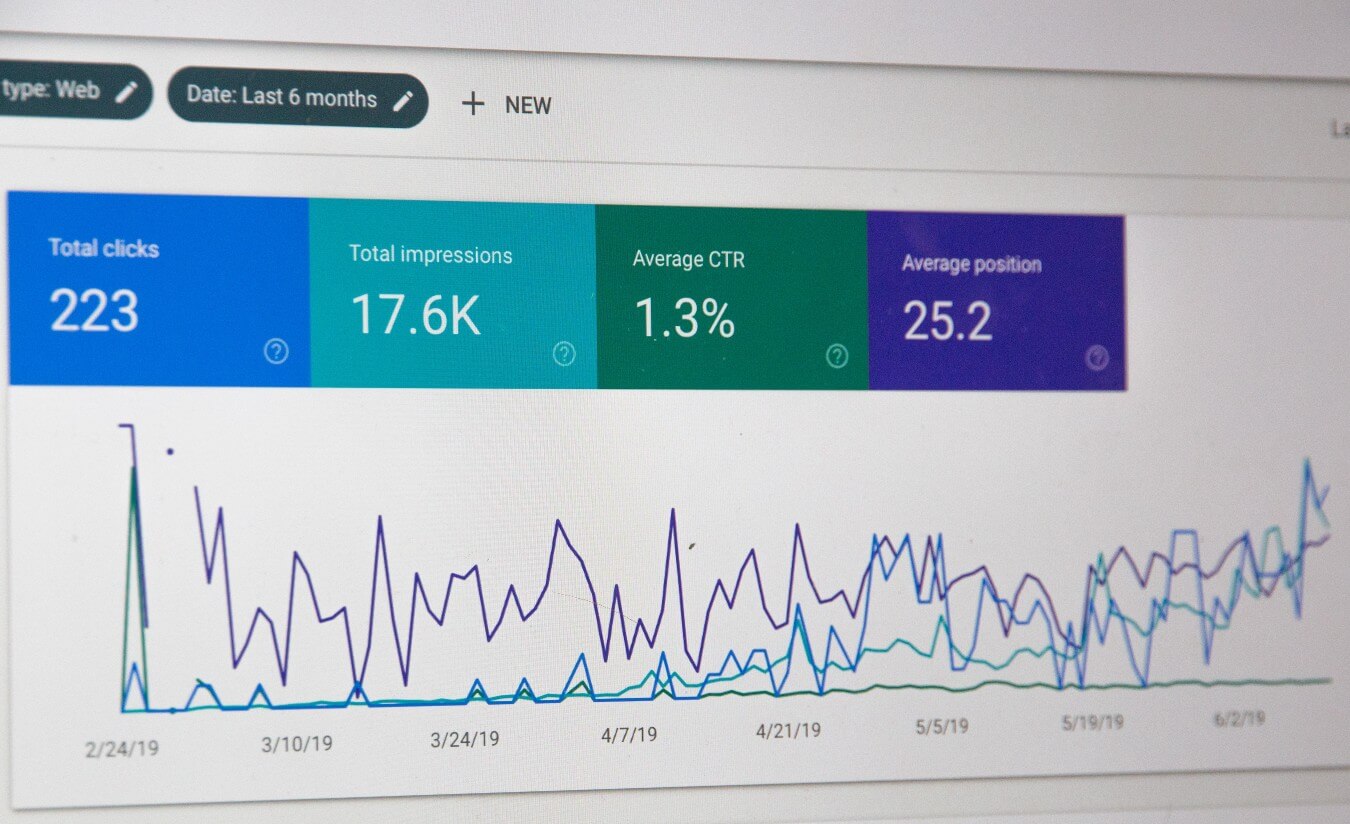6 SEO Tips to Increase Organic Traffic and Conversions

Search engine optimisation (SEO) is one of the most essential parts of a digital marketing strategy. When done correctly, over time, it can result in unparalleled brand awareness and return on investment, driving 1000%+ more traffic than organic social media.
However, due to the major search engines such as Google, making algorithm changes constantly, it can be hard to keep up with the optimisation techniques that are getting the best results. With this in mind, we’ve put together 6 SEO tips that are working right now to improve organic visibility, traffic and conversions.
Keywords
All SEO campaigns still start with keywords. While tracking keyword rankings is difficult and should only be used as an indicator to SEO success, they’re still very relevant in determining what is being searched for, what content you should write and how you should go about optimising it. Tools like Google Keyword Planner and Ubersuggest can be used to research keywords and longer-tail terms can be discovered with Answer The Public and Google Auto Suggest.
Content
Content is a must when it comes to SEO and quality beats quantity all the time. The most important thing to remember when it comes to content is to write for users and not search engines. Many fall into the trap still to this day of trying to force the insertion of a target keyword. However, if you’re directly talking about that keyword or topic within the content then it will occur naturally anyway.
Secondly, the content should be varied. Don’t just rely on text to get your point across, make use of imagery, animation, video and even audio. The more diverse your content is, the more likely that visitors will interact and engage with it.
User Experience
User experience has long been a key search ranking factor with it continuing to grow in importance. Google, in particular, are launching their Page Experience update next May – putting further emphasis on UX when ranking web pages. User experience, whether for SEO or not, should be one of the elements of your overall marketing experience that you’re constantly striving to improve. Some of the fundamental areas to consider are website security, mobile responsiveness and speed.
Metadata
Whilst simply optimising your metadata no longer has the impact it had 10 years ago, it still has its place. The meta title tag should include your main keyword or topic, related to the content on the page you want to rank. Ideally, this should be at the front of the title tag followed by your business name. Try to keep it less than 65 characters in length.
Alt text should be optimised also by describing what the image is. Again, this adds to the user experience. Finally, your meta description shouldn’t be discounted. It’s not had a direct impact on rankings in a while now but it should be written to entice the click from the search results page, directly improving traffic. One way to do this is to include your target keyword which will be highlighted in bold on the results page (if this is included in the query inputted by the browser).
Featured Snippets
Featured Snippets are short snippets of content from a web page that directly answers the query typed in. They are referred to by many in the SEO community as “position 0” due to them appearing above the number 1 organic spot. They’re a great opportunity for brands to achieve great organic brand awareness and clicks with roughly 8% of clicks attributed to them. Definitions and lists both commonly appear in the Featured Snippets box. During your keyword research, we’d recommend making note of the terms and phrases that trigger featured snippets and what content is being ranked. From there, ensure your page is optimised for the relevant terms and create a better content piece than the existing snippet.
Link Building
Link building is a vital component of SEO. Over the years there have been tactics that come and go, many of which can now get your website penalised, harming your reach rather than increasing it. We feel that the best way to generate links in 2020 is by consistently creating and marketing valuable, shareable content. Make use of social sharing icons, share it organically on social media, send it out via email and more to encourage your audience to link back to it.
There are also alternative ways to build links and one of the more natural that we utilise and recommend is to feature as a source in online blogs and publications. Use sites like HARO to connect with journalists looking for expert quotes on a topic and provide your insights!
If you’re serious about improving your organic traffic then start implementing the above today. For further help and advice on SEO and how to get more from it either contact us or email matt@wda-marketing.com for a free review. Also, be sure to check out our digital marketing checklist to get your marketing performance score and improve your overall marketing strategy.
Did you enjoy this article?
Get our news insights delivered directly to your inbox every month. No SPAM, we promise.
